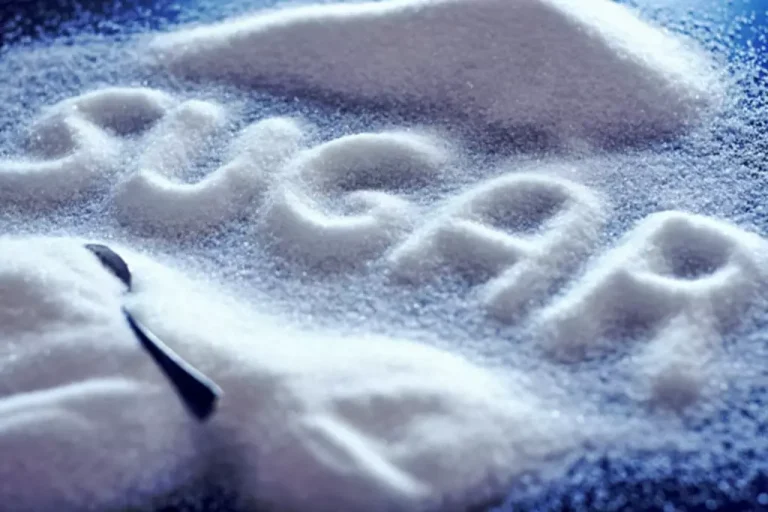How To Get Rid of Brain Fog From Alcohol Withdrawal

Depression and its relation to brain fog is kind of like asking what came first, the chicken or the egg? One common reason for this may be because of neuroinflammation caused by the constant activation of your hypothalamus pituitary adrenal pathway. “People who have been in the ICU or required more severe forms of treatment tend to experience more brain fog,” notes Dr. Krishnan. alcohol brain fog The increased liquid intake and stimulation of your circulatory system helps to hydrate faster than water alone. Mindfulness meditation can help you cope with the anxious feelings that can arise with too much alcohol. If you aren’t sure where to start, plenty of online recordings provide simple guided meditations to slow racing thoughts and encourage internal peace.

What is Hangover Brain Fog?
So, if you’re struggling with alcohol brain fog, try to do some yoga. Doing these exercises for just a few minutes can help get rid of brain fog and enhance your cognitive function. Once a person recovers from their brain fog, they should continue their addiction treatment. If someone experiences brain fog in the weeks after their withdrawal, they may have a mental health problem. Alcoholic brain fog occurs during or after someone develops an alcohol addiction.
Alcohol Addiction Treatment
It sounds simple, but a healthy exercise regime is not only essential for overall health but has significant benefits on cognitive function. Studies have even suggested that prolonged exercise may improve executive function and decrease compulsive behaviours in addiction-prone individuals (Costa et al., 2019). During prolonged and excessive alcohol use, the damage inflicted upon brain cells becomes more severe.
Alcohol Withdrawal and Brain Fog
The health concerns of an alcohol use disorder are usually enough to cause someone to embrace moderation. This is because alcohol has a dehydrating effect on the brain, which can cause cells to shrink. As the cells shrink, the brain’s ability to process information is impaired.
- Just be sure the naps aren’t longer than 90 minutes because the same study found that longer snoozes may actually worsen symptoms of brain fog.
- You might lose your train of thought in the middle of a conversation.
- The severity and duration of brain fog can vary depending on the individual’s alcohol consumption history and the duration of withdrawal.
- These factors contribute to the development of brain fog and hinder overall brain function.
Alcohol And Brain Fog: How To Get Rid Of It In Recovery

- Detoxification is the process of ridding the body of toxic substances.
- At night I’d drench through my pyjamas in sweat and have to change them.
- And when you refrain from drinking alcohol, it takes a toll on this body organ.
- Mood swings can occur, compromising your emotional stability and well-being and increasing the risk of violent outbursts.
- Recovering from alcohol-induced brain fog requires time, patience, and support.
- Alcohol’s impacts on cognition are only the beginning; chronic alcohol-induced brain fog may potentially cause long-term brain health problems.
Recommended Lifestyle Changes
- This is all very normal, but the fluctuations in your thought process are a sure sign that you are getting better.
- As you understand your triggers better, you will learn to cope with them more effectively.
- There are many different types of healthy withdrawal programs available.
- While dehydration does play a role, there are several other things that can happen to your body after an evening at an open bar.
- Brain fog symptoms may vary from person to person, however, slowed cognitive functioning seems to be a recurring element.





